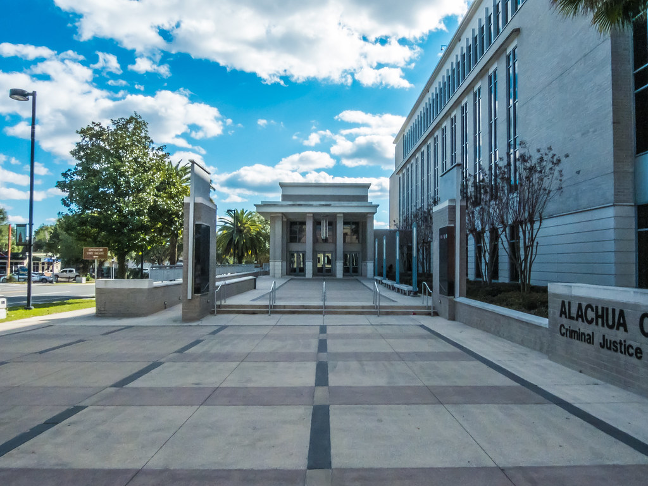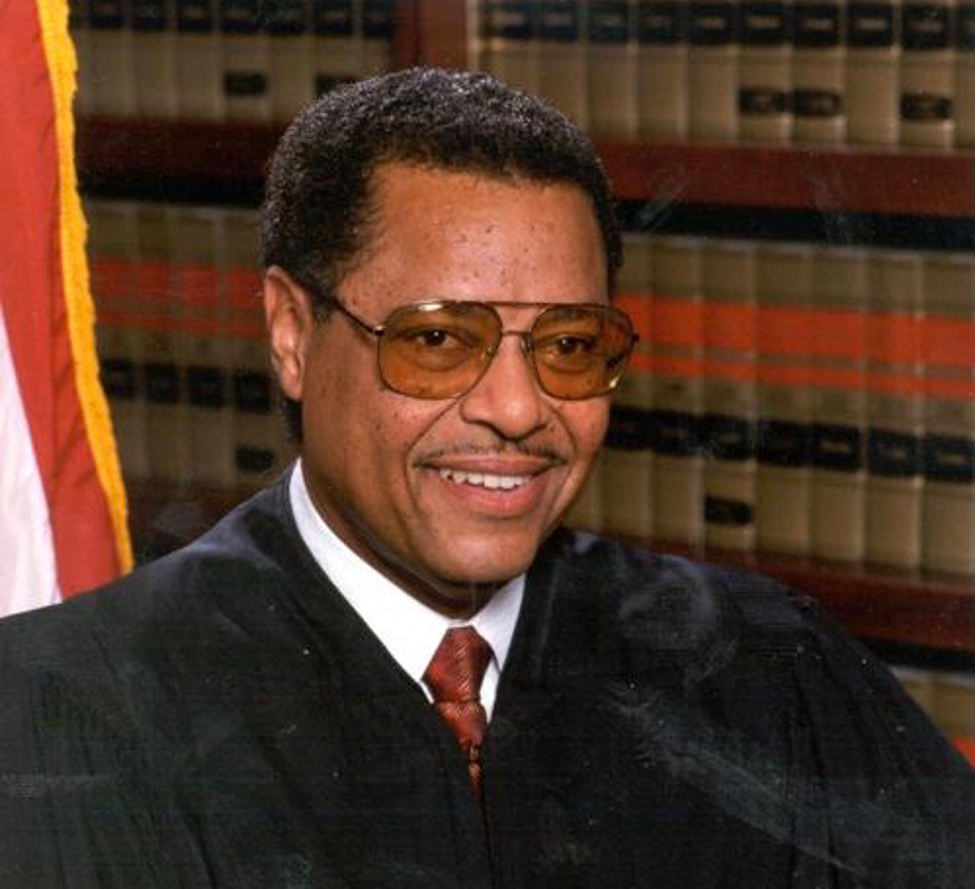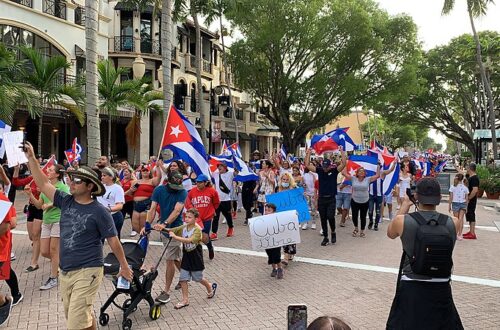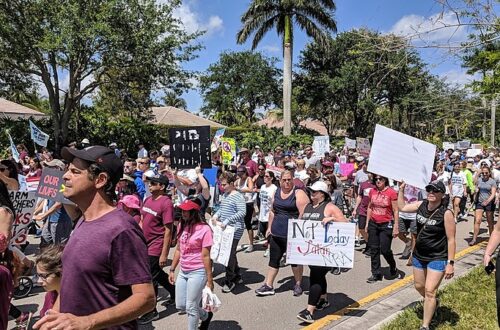Judge Stephan Mickle, Sr. passed away on Jan. 26 after a lifetime of breaking racial barriers and stepping bravely into various roles as a pioneer. At an Alachua County Commission meeting, the board unanimously agreed to rename the Alachua County Criminal Courthouse after Judge Mickle to preserve his legacy.
Mickle was one of the first seven African American students to be integrated into the University of Florida in 1962, and he became the first to earn an undergraduate degree there. He was also the second African American to earn a law degree from the Levin College of Law at UF.
In an interview for the Samuel Proctor Oral History Program in 2019, Mickle stated that he was first inspired to consider pursuing a degree at UF and attending law school after meeting W. George Allen, UF’s first African American graduate. Before meeting Allen, he found the idea of applying to UF “crazy” because it was a predominantly white institution.
After graduating law school, Mickle became the first African American to establish a private law practice in Gainesville.
In 1979, Mickle began a five-year stint as the first African American county judge in Alachua County, later accomplishing the same first as a circuit court judge in the Eighth Judicial Circuit.
The judges of the Eighth Judicial Circuit unanimously voted to support renaming the Alachua County Criminal courthouse in Mickle’s honor. In a letter to the Alachua County Commission, the Chief Judge of the Eighth Circuit of Florida Mark Moseley wrote “Judge Mickle is a true state and local hero whose greatness was established on the foundation of goodness.”
Phillip Kabler, the president of the Eighth Judicial Circuit Bar Association, joined Moseley in supporting the motion to rename the courthouse. Though he did not know Mickle personally, he is still well aware of Mickle’s accomplishments as well as his stellar reputation.
“Judge Mickle left quite a legacy in our community, in our circuit and in our federal circuit. Renaming the courthouse in his honor really is a teachable moment. It is a monument to fairness for those who work and enter into the building — to the bench and the bar, to the victims, to the families and to the defendants,” Kabler told the Florida Political Review.

Mickle became the first African American federal judge to serve in the First District Court of Appeals in 1993. In 1998, President Bill Clinton nominated Mickle for a judgeship in the U.S. District Court, making him the first African American federal judge in the Northern District of Florida.
Nick Zissimopulos, a criminal defense lawyer, had the opportunity to practice law in front of Mickle in federal court. He recalled that Judge Mickle “exuded integrity and respect” in the courtroom, telling the Florida Political Review that “Even when he was administering justice, he did it in a kind way.”
In addition to his various positions in the legal system, Mickle also served as an adjunct professor of law at UF for 38 consecutive years, beginning in 1971. He was also married to Evelyn Moore Mickle, had three children, and raised a nephew as his own.
Zissimopulos also had the opportunity to get to know Mickle in the classroom as a guest in his trial advocacy course. He noted that Mickle always took a personal interest in the lives of those around him. “He knew and he remembered and he cared about you. For a young lawyer at the time, to have this icon in the community take a personal interest in you for no other reason than he was a good man… it meant a lot.”
Mickle passed away at age 76, and he leaves behind decades of inspirational and important service. The Alachua County Criminal Courthouse will be rechristened as the Judge Stephan P. Mickle, Sr. Criminal Courthouse and will be officially unveiled in the fall.
A portrait of Judge Stephan Mickle. Unmodified photo by FHBrian used under a Creative Commons license. (https://bit.ly/3ubDlDs)
Check out other recent articles from the Florida Political Review here.





